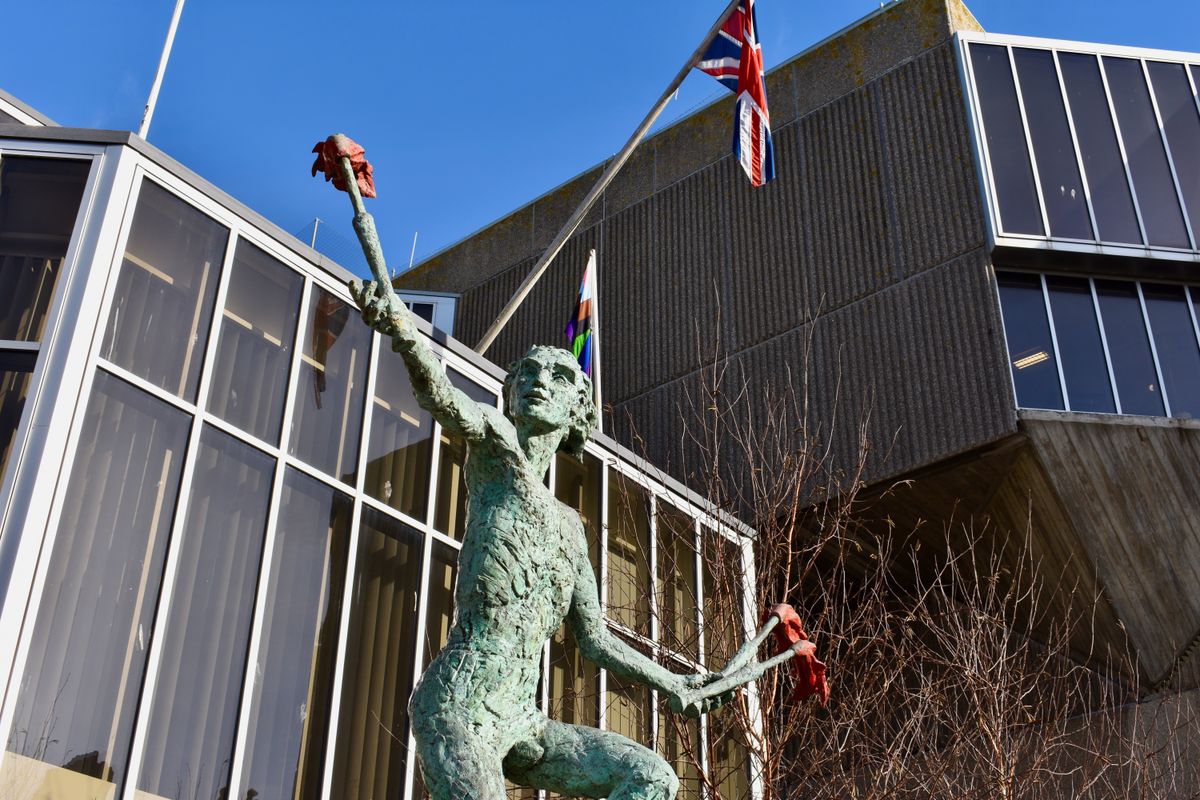How the Home Office Failed Asylum-Seeking Children
Olivia Kelly writes for Seagull on the failings of the Home Office to protect 136 asylum-seeking children.

The recent exposé of 136 asylum-seeking children who have gone missing from a hotel in Hove is a story which has staggered the city’s population and the British general public, writes Olivia Kelly.
These children, most of whom arrived in the country unaccompanied by a parent or carer, were being accommodated in a Home Office-funded hotel in Hove while awaiting the results of their asylum claims—see our previous coverage on this here and here. Of those missing, 76 have still not been found, and it has been revealed that three of the missing children have been arrested for drug offences.
A whistle-blower from said hotel, who spoke to the Guardian newspaper, highlighted the dangers of these environments, and it came to light that three children narrowly missed capture by potential traffickers from the street outside. Clearly, the Home Office’s arrangement is dangerous. Despite the department’s claims that these children’s well-being is an ‘absolute priority’, the sheer number of those who have gone missing is evidence that the safeguards in place are redundant.
Crucially, the Home Office is responsible for their safety. The National Transfer Scheme is a protocol which aims to pass the responsibility for the care of these children to a suitable Local Authority. However, the children’s accommodation in these hotels means this ‘transfer’ has not yet been arranged, and that they are not entitled to the protective legislation they would receive if they were in care. These children remain unaccompanied, with no official legal guardians.
This story, like that of the Rwanda policy introduced last year by former Home Secretary Priti Patel, is yet another instance of the Home Office's lack of care towards refugees and asylum seekers, which continues to illuminate the racism present in the attitudes of the department. In fact, it was reported that this policy was cited by traffickers attempting to abduct asylum-seeking children, claiming that they would not be granted asylum and would instead be deported, and further revelations include instances of racist abuse towards the children by those working at the hotel.
In this case, negligence is an understatement. It not only demonstrates that the Home Office continually falls short of its responsibilities to protect asylum seekers but that, fundamentally, the UK is not a safe place for those who have fled persecution. The ongoing harmful attitudes demonstrated by the Home Office, towards individuals arriving on small boats who now face deportation to Rwanda, and to unaccompanied asylum-seeking children, are systemic.

Across the city, several demonstrations have taken place which have been organised primarily by Action Against Detention and Deportation. Other charities based in Brighton and Hove, including the Hummingbird Refugee Project and STAR Sussex, have utilised platforms such as Instagram to garner support for these protests, and they have been successful.
Each demonstration, including those held at Hove Town Hall and the Clock Tower, have seen large turnouts, with people uniting to protest against ‘the institutional neglect and violence of the Home Office.’ Their posts on social media, and the messages conveyed on placards at the demonstrations, call for action: to find the children who are still missing, to instil better protection for those still being housed in these hotels, and for a broader shift in attitudes towards a more dignified and humane approach to the care of those seeking asylum and refuge in the UK.
Brighton and Hove, a city which prides itself on progressive social attitudes and a forward-thinking outlook, a so-called 'City of Sanctuary' which welcomes all individuals with open arms, has been the site of profound abuse. It seems that there is no safe place for refugees and asylum seekers to turn, and calls for the recognition of the Home Office’s series of failings to protect these vulnerable individuals are ones which cannot be ignored.

Comments ()